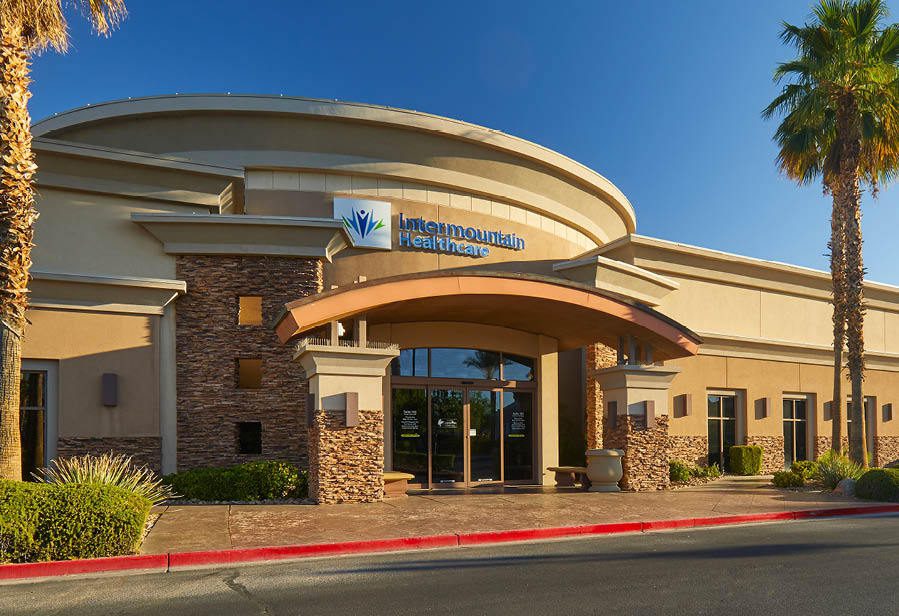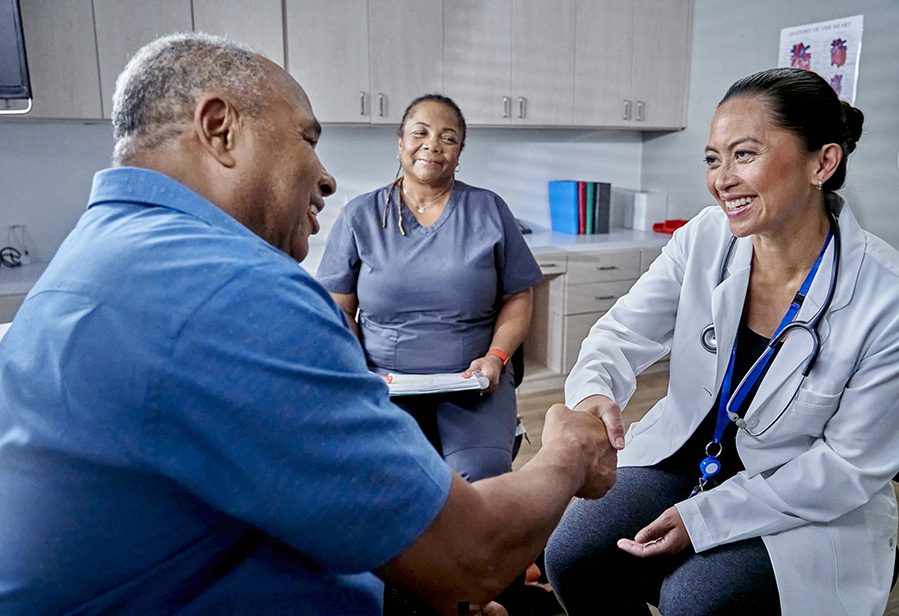Chances are the answer is “Yes.”
A wise African proverb states: “For tomorrow belongs to the people who prepare for it today.” Planning for the future is critical, especially when it comes to your health. But it can be difficult to know what you might face as you age. It can also be difficult to know if you might end up facing a sudden event that changes your life. An Advance Directive is a planning tool that helps your doctors and your family know your wishes in case something unforeseen happens to you, health-wise. April 16th has been designated National Health Care Decision Day. While this may not be the most festive date on your calendar, it may well be the most important.

Is this just important for older patients?
Absolutely not! Anyone 18 or older can create an Advance Directive. You hear all the time about people who are young and healthy suddenly becoming seriously ill. And anyone can be involved in a traffic accident, fall off a ladder, have a severe allergic reaction, be injured while riding a bicycle or crossing the street, or any number of situations that can alter your life. An Advance Directive is especially important if you have children to consider.
Now more than ever!
These days, many people’s next of kin live two time zones away and most families are doing great if they are able to get together once or twice a year. Are you absolutely sure your relatives know exactly what you’d want done if you become seriously ill and unable to communicate your wishes?
What’s more, an Advance Directive takes the burden of making decisions about your care off the shoulders of your loved ones at a time when they’ll have enough stress just dealing with difficult emotions if you were to fall ill or become critically injured.
Finally, in a world where COVID-19 can strike hard and fast, an Advance Directive is even more vital to guide caregivers in the event that your relatives aren’t able be at your bedside in time to make decisions for you.
What does it cover?
Your Advance Directive can contain as much or as little as you see fit – it’s a highly personal document. Just think things through and consider the aspects, including:
- Who would you trust to make decisions on your behalf?
- Who would you want to oversee your medications?
- And control your finances?
- Would you want to stay in your home or go to a care facility?
- Would you want a live-in caregiver or one that visits on a regular basis?
Depending on how much detail you want, there are also many specific healthcare issues to consider, including:
- Mechanical life support (oxygen, tube feeding, dialysis, etc.)
- Surgery, transfusions, chemotherapy, and diagnostic tests
- Cardiopulmonary resuscitation (or what’s called a DNR)
- Antibiotics and pain medications
It’s easier than you think.
You don’t need to see an attorney to draft your Advance Directive, either – You can find information and resources for these forms on the Nevada Secretary of State website. In less than an hour, you can draft the following by simply filling in blanks in online forms:
- Living Will: This covers most of what you need, and again, it can be as detailed as you desire.
- Durable Power of Attorney: Names the person you trust most to make non-healthcare decisions for you.
- POLST (Provider Ordered Life Sustaining Treatment): This is signed by a healthcare provider and honored by all medical professionals assigned to your case.
- Health Care Proxy: For any situations that your Advance Directive/Living Will doesn’t cover.
At the very minimum, your Advance Directive needs to be signed by you and witnessed by someone at least 18 years of age who is not related to you by blood or marriage or connected to you financially. If you have doubts who can sign this, reach out to a local certified Notary Public.
Nothing is carved in stone with your Advance Directive, either – you can make changes to your Advance Directive at any time. If you’re over 65, it’s a good idea to discuss this with your doctor as part of your annual checkup. And, of course, it is your choice whether to have an Advance Directive or not.
Taking some time to put some thought into your Advance Directive is your guarantee that your wishes will be carried out. And how many other real guarantees do you know of in life?
For more information about Advance Directives for patients in the State of Nevada, click here.





